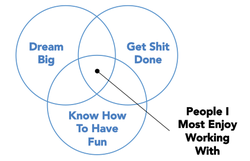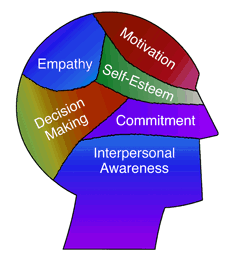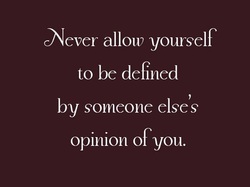
Out of the blue, a 3-star review appeared on their page, and he checked company records to discover they'd never worked with the person rating them. He notified them of this and respectfully requested they remove the review, not simply because it was a lower score which compromised their public average, but it was a false representation of a business relationship which didn't exist. The reviewer was a friend of a relative, and thought she was doing my husband's company a favour by rating him. Since they hadn't actually worked with him, she explained, she felt better giving him three stars instead of five.
Shocked at this rationale, she was again asked to remove the review and indicated she would do so. That was early March, almost five months ago. Despite several requests and an appeal to Facebook for removal, the review remains*.
Social media has dramatically changed the conversation between customer and vendour. Facebook, Twitter, and Yelp are some examples of the numerous avenues for rating one's experience with a wide range of businesses and entities. In principle it's a great concept, but in reality, rife with the possibility of skewing or extorting. Too often, well-meaning friends or colleagues swoop in to offer high praise, ratings, or recommendations which aren't exactly true, or to vilify egregious or even minor missteps. As a result, the very sites we visit for contextual input become less credible resources. Businesses strike back with lawsuits or defensive counterpoints in order to save their operations from protests or boycotts - or merely unfairly bad press that spirals out of control.
It is regularly espoused that many prefer to do business with people they like. I'm slightly different and perhaps more Vulcan-like in this regard, since I am fully capable and willing to do so with well-oiled machines, whether or not I like or know those involved. In some cases I actually prefer this model. Networks are increasingly valuable because we can mobilise them to our advantage, as well as towards something or someone we enjoy or can vouch for. Don't debase or minimise that power by wielding it in a manner which compromises integrity.
*removed 7/31/2014 and on a good note for all parties












 RSS Feed
RSS Feed
